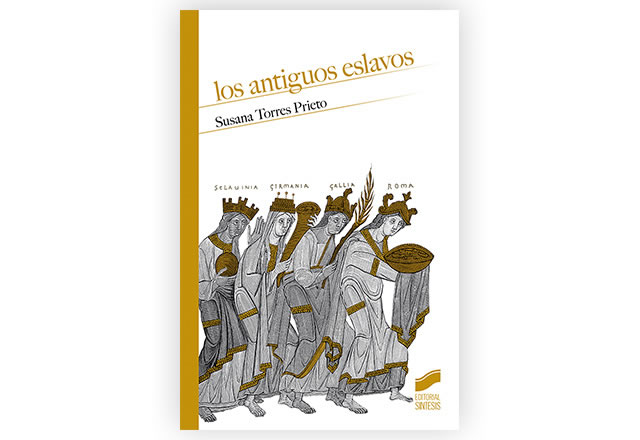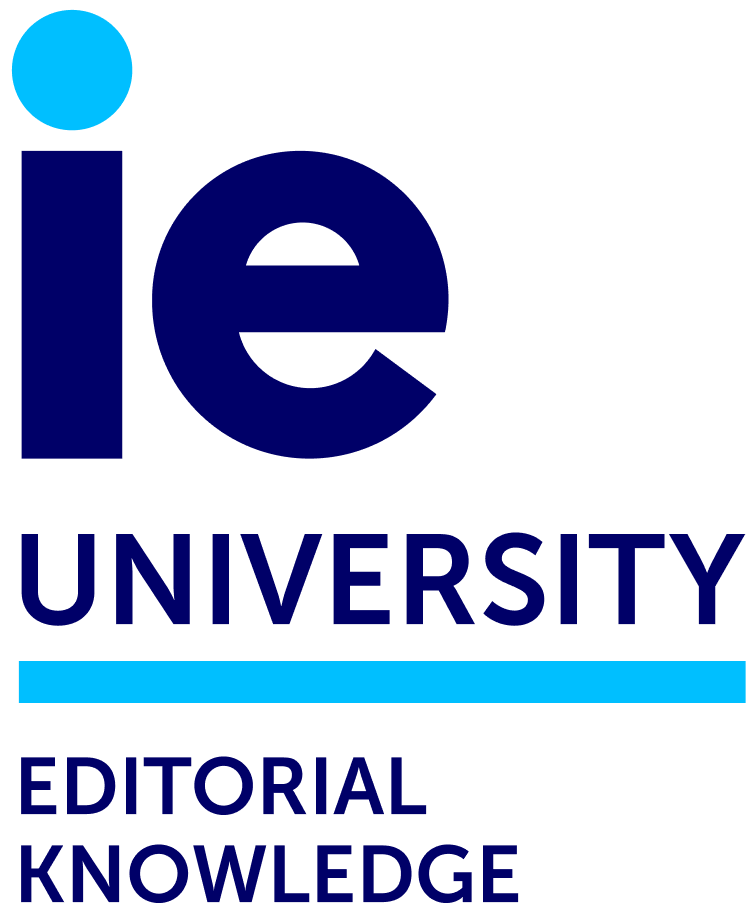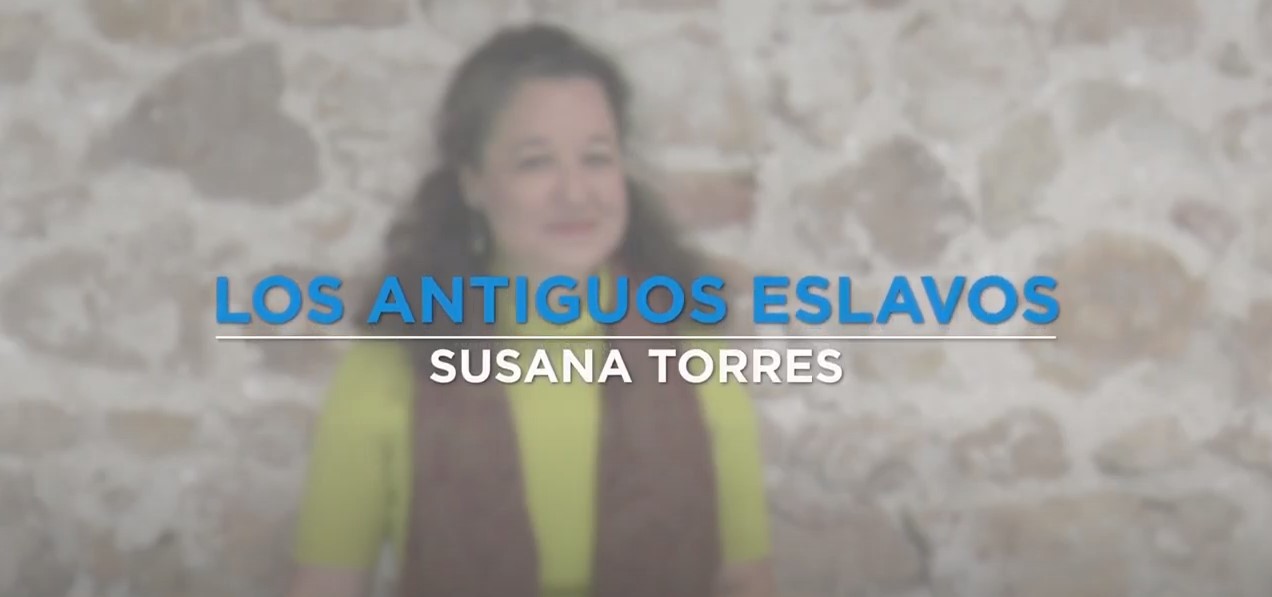Susana Torres Prieto is PhD. ‘Doctor Europeus’ in Slavic Philology by Cambridge University and Universidad Complutense. She did her postdoctoral studies on history in Paris (EPHE) and on paleography and codicology in the US (Ohio State University). Professor Torres has developed her academic and research career in the areas of Slavic and Medieval Studies. She has specialized on the literature and culture of Russia from the Middle Ages until now, as well as on the means and context of transmission of knowledge, on which she has published extensively. She has taught in several universities in Spain and the US and, after having been member of several international research groups, directed her own international research group on translations into Slavic of Greek religious texts. She has been appointed Visiting Scholar at the Universities of Harvard, Ohio State, and Cambridge (UK). She is also member of several scientific societies worldwide. Her latest books are Los Antiguos Eslavos (Síntesis, 2020), Centres of learning in Medieval Europe and its Peripheries (Brepols, 2020, co-edited with Steffen Hope) and The Slavic Alexanders (Cambridge University Press, in preparation).
Susana Torres
“I think the study of Humanities should make us all better people, better citizens”

Los Antiguos Eslavos
If you are asked who was Charlemagne, or Eleanor of Aquitaine or Alfonso X ‘the Wise’, it is very likely you can say at least a couple of things of each of them. If you are asked, however, who was Vladimir I ‘the Saint’, Queen Ludmila of Bohemia or Tsar Symeon, answers might not come as swiftly. All of them are founding fathers and mothers of modern European nations, but thanks to many centuries of separation, and particularly after decades of being behind the Iron Curtain, our knowledge of our farthest neighbors is very limited.
Their history since their arrival from the Asian steps to Europe in the sixth century is tied to ours, our kings and queens married their kings and queens, people back in the Middle Ages built the same churches and read the same books as their colleagues of this part of Europe. But then something happened. Other peoples arriving from the East attempted to conquer Europe: first the Mongols, then the Turks, and then the Soviets. And many of these countries became provinces of new empires or satellite states of other more powerful neighbors. Their history, however, was kept and survived, sometimes orally, sometimes as a criminal act of subversion.
Now the majority of these countries have managed to recuperate, in great part thanks to their integration in the European Union, but not only, their rightful place in the international concert of nations. They are peoples who have accumulated centuries of suffering and privation, but who have given us Chopin, Dostojevski, and Nikola Tesla. It might be a good opportunity, now that we constantly reappraise what is to be European, to include them as well, their history, their legacy, their feats, in the debate. This book invites you to do so.
Buy a copyWhile everybody talks about the Medieval Period as something brutal and obscure, I see it as a time full of hope, with the beginning of Universities for example, even the Renaissance is anchored on the Middle Ages


